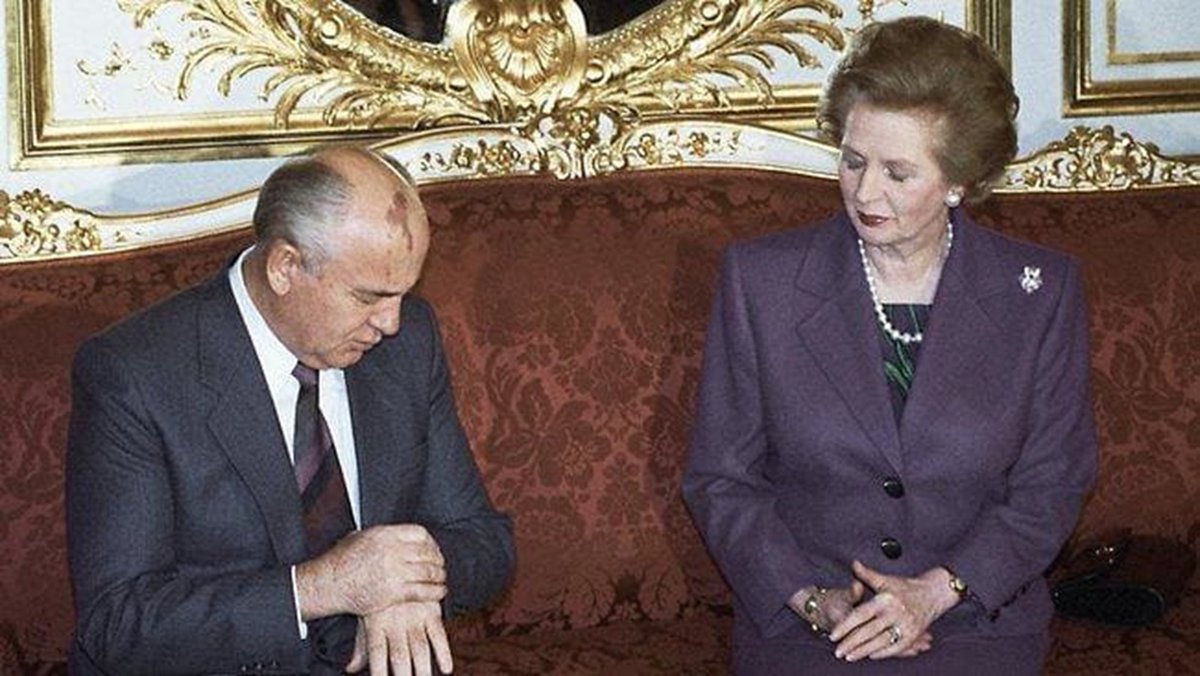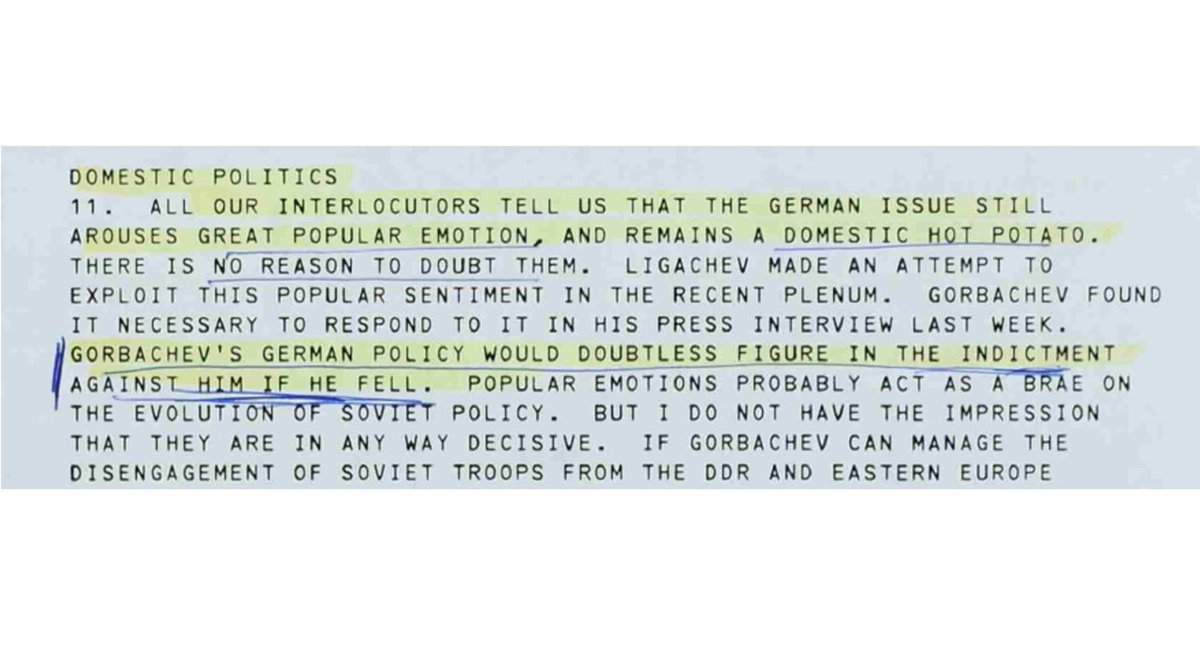
Liz Truss was never a plausible prime minister, but her disastrous tenure was a symptom, not the source of her party's problems.
Changing the leader is not enough. The Tory Party needs a serious reckoning with its recent past, & with the forces that made Truss possible. [THREAD]
Changing the leader is not enough. The Tory Party needs a serious reckoning with its recent past, & with the forces that made Truss possible. [THREAD]
1. Truss's premiership was the work of many hands.
She was cheered into office by right-wing media outlets that behave more like a worship band than "newspapers".
They trashed her critics, lauded her budget and turned on her only when it was obvious she could not survive.
She was cheered into office by right-wing media outlets that behave more like a worship band than "newspapers".
They trashed her critics, lauded her budget and turned on her only when it was obvious she could not survive.

2.She was backed by a nexus of right-wing think-tanks: lavishly funded, largely unaccountable & omnipresent in the media.
Truss was their candidate. The budget was their prospectus.
But they'll be back on TV later, offering expert advice on how to govern opendemocracy.net/en/liz-truss-k…
Truss was their candidate. The budget was their prospectus.
But they'll be back on TV later, offering expert advice on how to govern opendemocracy.net/en/liz-truss-k…
3. Sacking officials, ignoring forecasts and mocking opponents as an "anti-growth coalition" wasn't invented by Liz Truss.
It's been a way of life for half a decade.
We've had six years of trashing experts, ignoring evidence and dismissing unwelcome facts as "Project Fear".
It's been a way of life for half a decade.
We've had six years of trashing experts, ignoring evidence and dismissing unwelcome facts as "Project Fear".
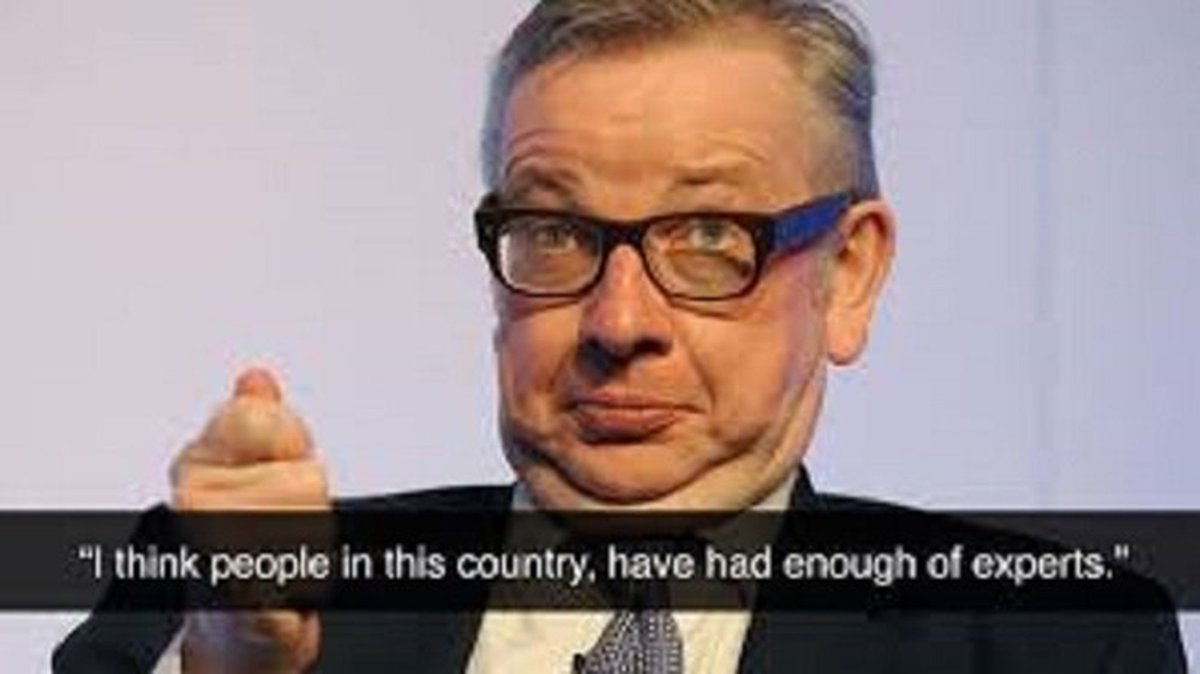
4. Party members will (rightly) be blamed for appointing such an unsuitable leader.
But who gave them that power in the first place?
When did the choice of prime minister become a subscriber benefit for people who pay £25 to the Conservative Party?
But who gave them that power in the first place?
When did the choice of prime minister become a subscriber benefit for people who pay £25 to the Conservative Party?
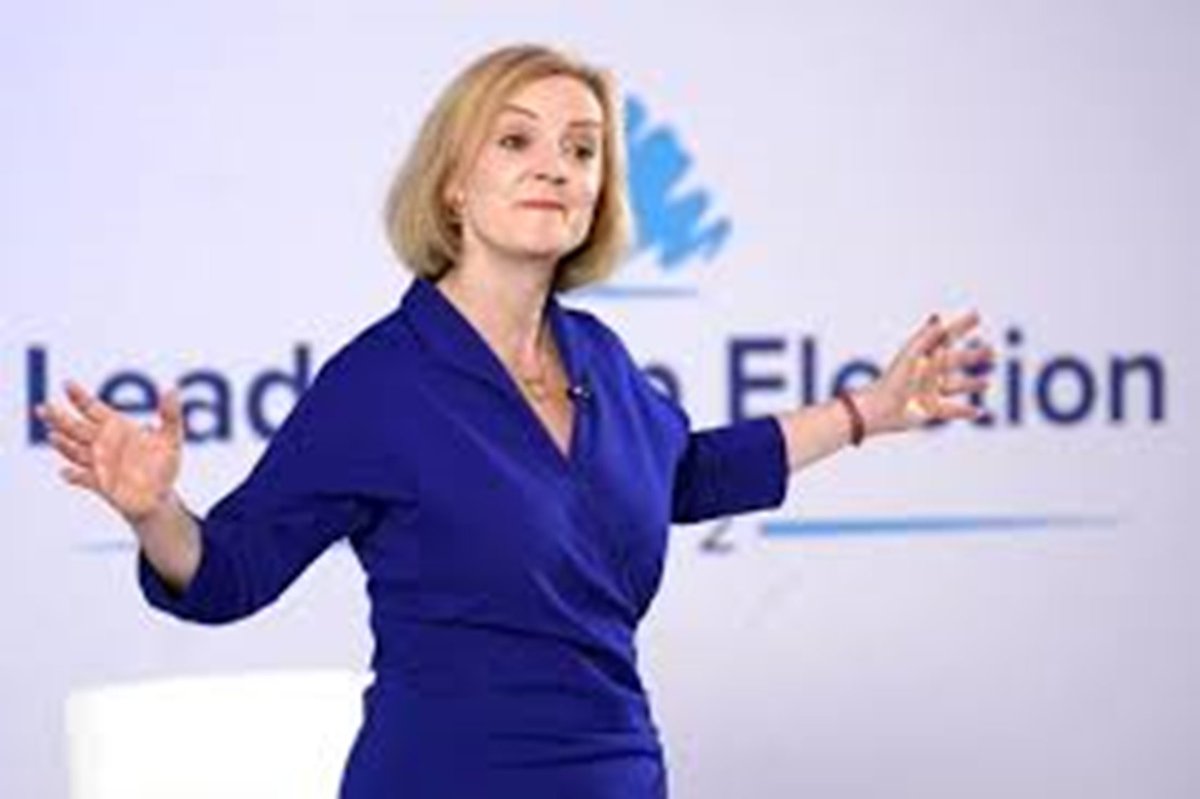
5. Why was Truss a candidate at all?
Because loyalty to Johnson, & saying the right things about Brexit, trumped trivial concerns like competence or ability to govern.
The party has spent years burning out talented & experienced MPs who would not kneel before the ruling faction
Because loyalty to Johnson, & saying the right things about Brexit, trumped trivial concerns like competence or ability to govern.
The party has spent years burning out talented & experienced MPs who would not kneel before the ruling faction

6. Truss was not just a candidate: she was the favourite. Why?
Because we had to pretend that trade deals with other parts of the world, that barely moved the dial on GDP, were amazing success stories.
Because Brexit needed good headlines, & there weren't many others to report.
Because we had to pretend that trade deals with other parts of the world, that barely moved the dial on GDP, were amazing success stories.
Because Brexit needed good headlines, & there weren't many others to report.

7. Truss refused to conciliate critics, take Parliament & the cabinet seriously, or bring Sunak's supporters into government.
She blamed imaginary enemies for public policy failures: an "anti-growth coalition" or a "wokerati".
Here, too, she was the faithful follower of fashion
She blamed imaginary enemies for public policy failures: an "anti-growth coalition" or a "wokerati".
Here, too, she was the faithful follower of fashion
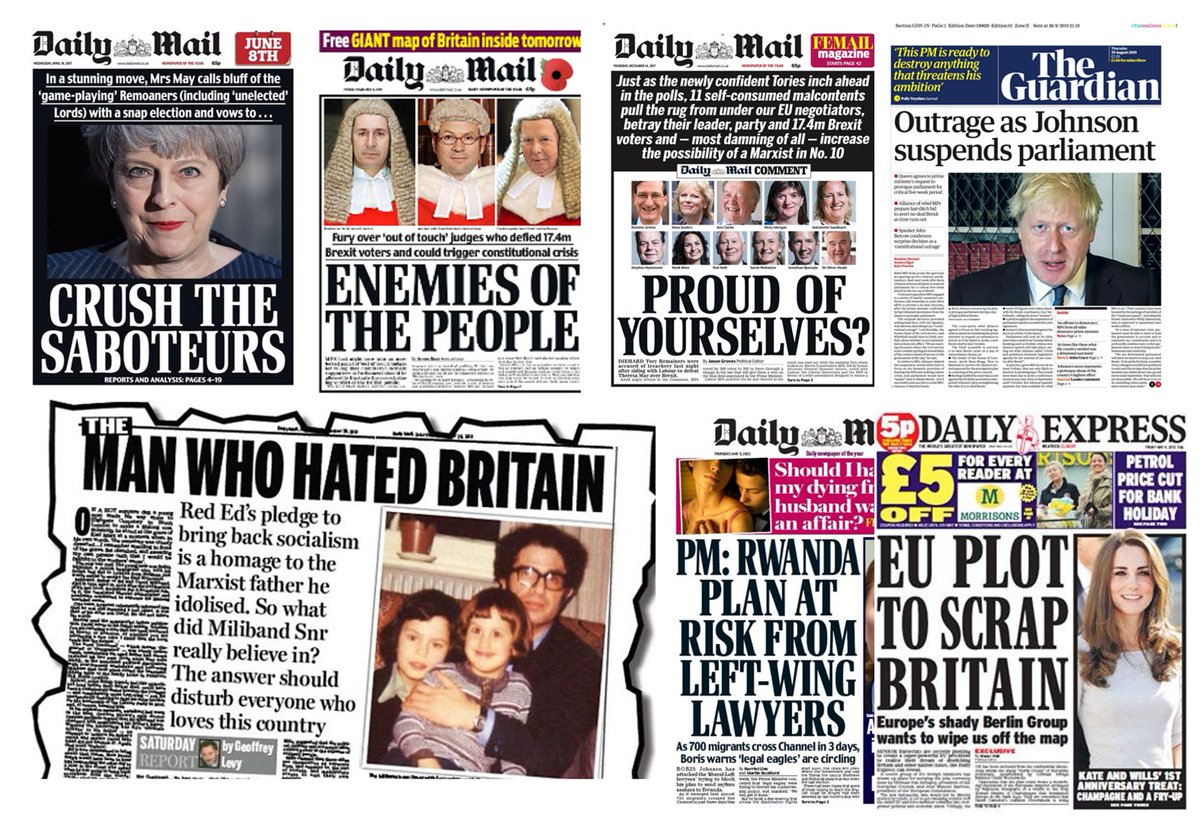
8. Truss brought many flaws to the premiership: hubris; contempt for expertise; derision of other viewpoints; a blind faith in her own judgement; and a "my way or the highway" approach to govt.
But those were also the flaws of her party. That's why they carried her to Number 10.
But those were also the flaws of her party. That's why they carried her to Number 10.

9. The Truss premiership was not some random mutation in the Conservative gene.
She won the leadership because she expressed what her party has become.
A new leader can be in place within days. Restoring the tradition from which she sprang will be a longer & harder task. [ENDS]
She won the leadership because she expressed what her party has become.
A new leader can be in place within days. Restoring the tradition from which she sprang will be a longer & harder task. [ENDS]

• • •
Missing some Tweet in this thread? You can try to
force a refresh


